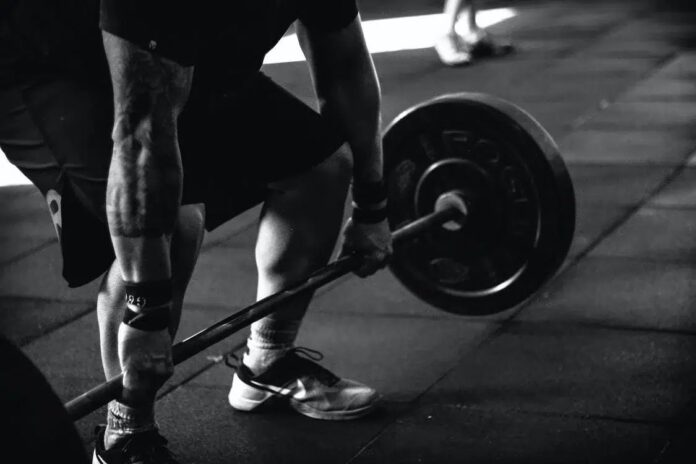The issue of transgender athletes competing in women’s sports has sparked a heated debate worldwide, especially after New Zealand weightlifter Laurel Hubbard became the first transgender athlete to qualify for the Olympics. While some support Hubbard and other transgender athletes as a sign of inclusion and diversity, others oppose them as threatening fairness and safety in women’s sports.
One of the opponents is Dale Shepherd, a male powerlifter and New Zealand’s “Strongest Man.” Shepherd has applied to compete in the women’s category of the Global Powerlifting New Zealand Day of the Deadlifts competition, but not because he identifies as a woman. Rather, he is doing it as a protest against the trans agenda and its impact on women’s sports.
Shepherd, who has been lifting weights for over 40 years, said he was inspired by Hubbard’s case and wanted to make a statement about how biological males have an unfair advantage over biological females in strength-based sports. He said that he does not hate transgender people but believes they should compete in their category or with other males.
Shepherd also said he is concerned about the safety and well-being of female athletes who face transgender competitors who are bigger, stronger, and faster than them. He said that he has seen many female powerlifters suffer injuries and lose confidence because of this situation.
Shepherd’s application to compete as a woman was rejected by the Global Powerlifting Committee of New Zealand, which follows the International Olympic Committee’s guidelines on transgender participation. According to these guidelines, transgender women can compete in women’s sports if they have been on hormone therapy for at least 12 months and have a testosterone level below ten nanomoles per liter.
However, Shepherd argued that these criteria are discriminatory and insufficient to eliminate the physical differences between males and females. He said that hormone therapy does not erase the effects of puberty and years of training as a male. He also said that testosterone is not the only factor affecting performance, as males also have muscle mass, bone density, lung capacity, and heart size advantages.
Shepherd is waiting for the committee’s response and hopes they will reconsider his application. He said that if allowed to compete in June, he would lift as much weight as possible and show how absurd and unfair it is for biological males to compete in women’s sports.
Shepherd’s protest has gained support from some conservative groups and activists who advocate for preserving women’s sports and protecting female athletes from transgender encroachment. They say that allowing transgender athletes in women’s sports violates the principles of biology, science and common sense.
However, Shepherd’s protest has also faced criticism and backlash from some liberal groups and activists who defend transgender rights and inclusion in sports. They say that excluding transgender athletes from women’s sports is discriminatory, hateful and harmful to their mental health.
The controversy over Shepherd’s protest reflects the wider controversy over transgender athletes in sports. The debate will continue as more cases emerge and countries adopt different policies and regulations. The question is whether there is a way to balance the rights and interests of all athletes without compromising their dignity and integrity.


